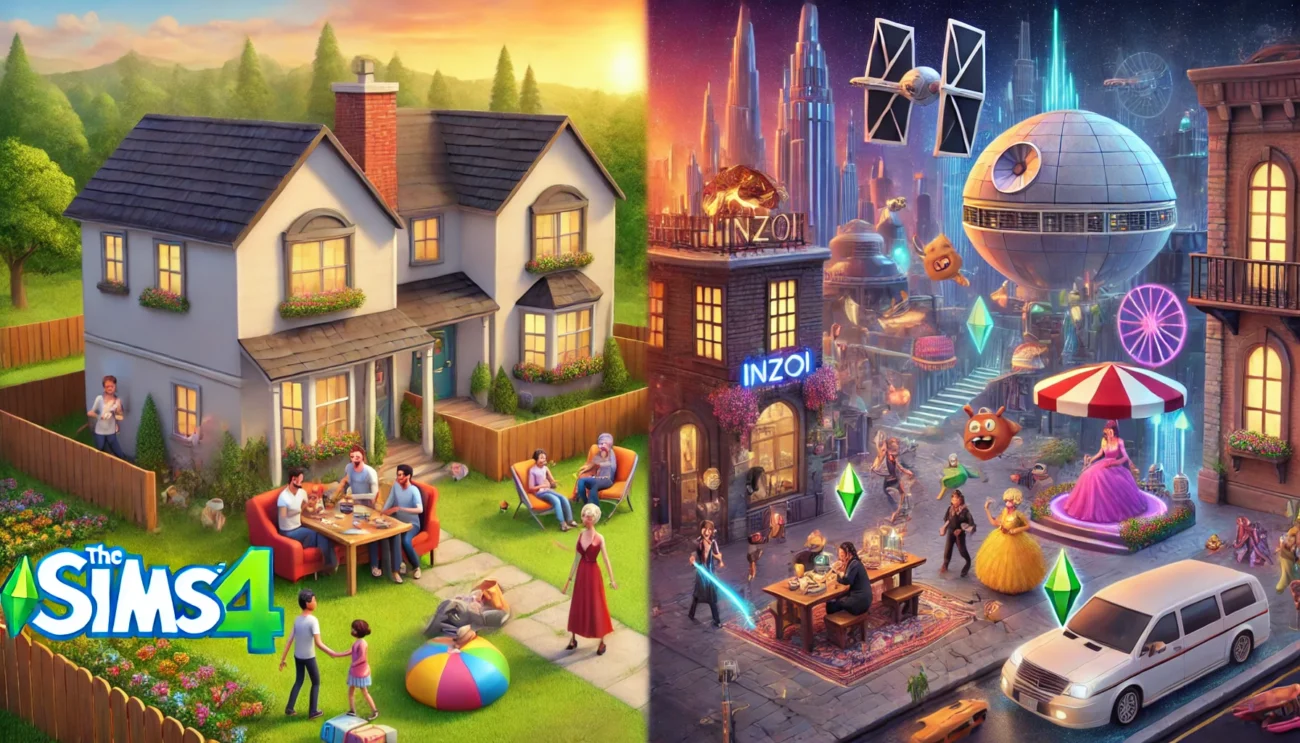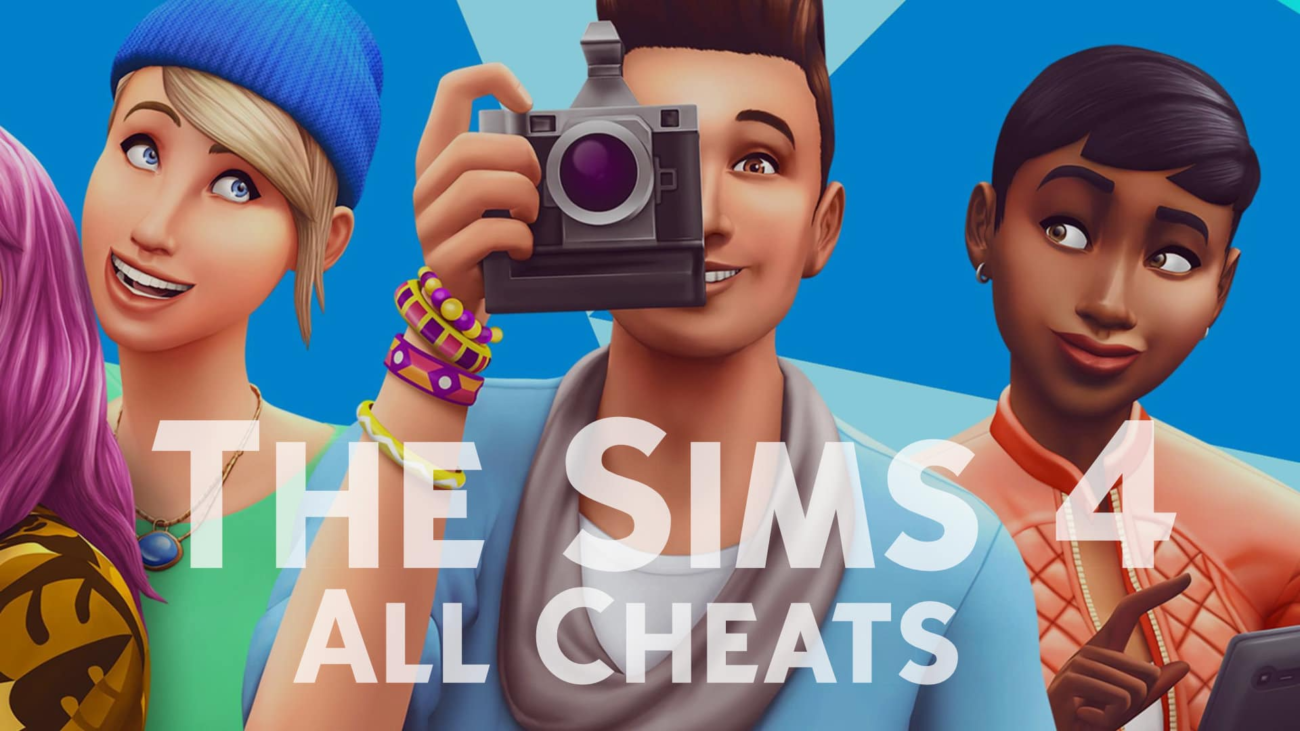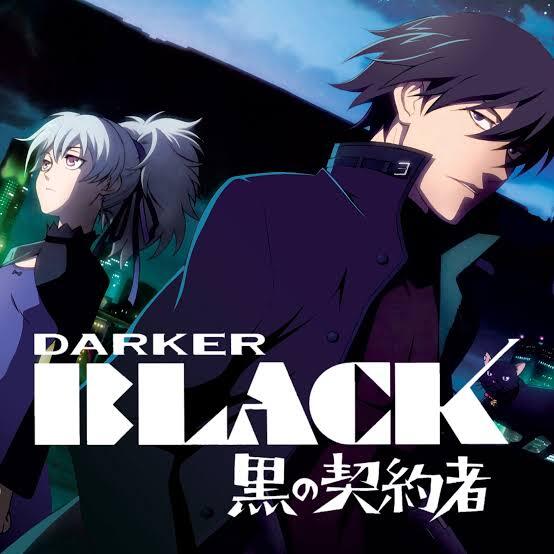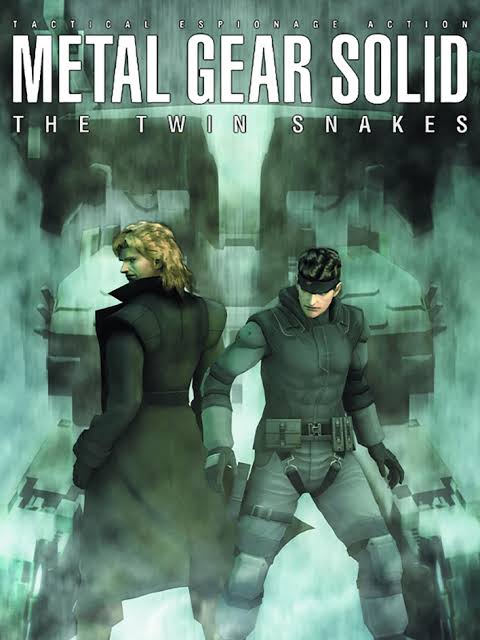
For decades, The Sims franchise has dominated the life simulation genre, giving players the opportunity to craft stories, build dream homes, and manipulate every nuance of their Sims’ lives. Its charm lies in the open-ended storytelling, player-driven chaos, and sheer variety of options for creativity. However, after spending 50 hours diving into Inzoi, a relatively new player in the simulation market, I was struck by its bold take on immersive narratives, customization, and playful chaos. The comparison between these two games reveals both their strengths and the distinctive paths they offer for simulation enthusiasts.
Narrative Depth and Storytelling
The Sims excels at giving players a blank canvas. Every Sim, family, and neighborhood is brought to life by the player’s creativity. The stories that unfold are often rooted in the decisions and interactions that players orchestrate—whether that involves romantic entanglements, career pursuits, or chaotic scenarios with the Grim Reaper. This freedom fosters emergent storytelling, where unpredictability and player intent collide to create unique, memorable moments.
In contrast, Inzoi amplifies its storytelling potential by blending open-world exploration with narrative-driven events. Upon creating my character, I was quickly drawn into a world where story arcs seem to flow organically. In one instance, marrying a character and raising a child was not merely a checkbox for life stages, but a dynamic experience marked by challenges, quirky surprises, and genuinely emotional moments. The game layers narrative hooks that keep players invested, such as my spouse facing a near-fatal accident, adding stakes and complexity beyond the day-to-day life simulation of The Sims. Inzoi leans more heavily on story-driven events, weaving humor, drama, and adventure seamlessly into the simulation fabric.
Building Mechanics and Creativity
Building and customization have always been core pillars of The Sims experience. From its earliest iterations, the game has allowed players to meticulously design and furnish homes with unparalleled control. Whether you’re crafting a modernist villa, a gothic mansion, or a basic starter home, the tools are accessible yet deep enough to allow for impressive architectural feats. The Sims continually expands its offerings with packs that introduce new furniture, styles, and building mechanics.
Inzoi, on the other hand, pushes creative boundaries by embracing unconventional and often absurd options for building. After only a few hours of gameplay, I found myself designing a star destroyer—a feat that would be impossible in The Sims. The building tools in Inzoi seem to encourage experimentation and playfulness, even if it sometimes results in less-than-practical designs. This shift in focus to fantastical and larger-than-life constructions adds a whimsical charm that feels more expansive and less grounded than the detailed realism of The Sims. For players who seek a sandbox for pure creativity, The Sims remains unmatched. But for those willing to experiment with imagination unfettered by logic, Inzoi offers a refreshing twist.
Exploration and Interactivity
A key distinction between these two games is how they approach exploration and interactivity. In The Sims, environments are largely limited to neighborhoods or specific lots. Players can control the interactions within these spaces, but exploration of the world itself is often gated, requiring load screens or expansions to unlock additional areas. While this structure allows for focused gameplay and storytelling, it sometimes feels restrictive, especially for players seeking a sense of discovery.
Inzoi changes the formula with a sprawling, interconnected world. During my time exploring the city, I uncovered hidden paths, discovered unique characters, and engaged in dynamic events that shifted based on my choices. This sense of discovery is reminiscent of open-world RPGs, offering a level of immersion that The Sims doesn’t typically reach. Interacting with the game world isn’t limited to home lots or career paths; instead, it’s a living, breathing city where every corner holds a story or an adventure waiting to happen. This open-world approach makes Inzoi feel alive and unpredictable—qualities that may appeal to players craving more depth and variety in their simulations.
Humor and Chaos
Both The Sims and Inzoi excel at capturing humor, but they do so in different ways. The Sims is known for its slapstick, over-the-top humor. From Sims breaking down during mundane tasks to bizarre social interactions, much of the game’s charm comes from unexpected moments. The randomness of events, coupled with the ability to influence Sims’ behaviors, leads to hilarious and chaotic scenarios. Who can forget the countless fires caused by a Sim trying to cook a grilled cheese, or the sheer chaos of a birthday party gone wrong?
Inzoi borrows from this playful unpredictability but often elevates it to a surreal level. During my playthrough, the absurdity reached new heights—like having a chance encounter with Emma Watson in a park while my in-game wife faced a fiery peril. This blend of pop culture references, high-stakes drama, and zany humor creates an experience that feels distinct from The Sims’ more grounded comedic style. Additionally, the ability to introduce personalized elements, like adding my brother’s cats, shows Inzoi’s commitment to player-driven humor and chaos in its own right.
Social Dynamics and Relationships
Relationships in The Sims are a core mechanic, and the game offers intricate systems for developing friendships, rivalries, romances, and family bonds. Whether it’s navigating a complex love triangle or nurturing a multi-generational family legacy, players have near-total control over social dynamics. Traits, emotions, and whims add further layers to interactions, making Sims’ behaviors feel personal and reactive.
Inzoi approaches relationships with a mix of scripted scenarios and emergent gameplay. While building a family was certainly possible, it felt like the game intentionally created challenges and narrative beats around these dynamics, making them feel impactful. For example, when a major life event threatened my character’s spouse, it became a pivotal moment in my playthrough. Unlike The Sims, where relationships can sometimes become repetitive or predictable, Inzoi strives to keep players engaged through evolving social arcs and unexpected twists. This approach can make relationships feel deeper but may sacrifice some of the freeform player control that The Sims is known for.
Player Agency and Control
One of The Sims’ greatest strengths is the sheer amount of control it offers players. From manipulating every aspect of a Sim’s life to building intricate homes and communities, the game allows players to be architects of their own stories. This level of control has endeared the series to millions of fans who relish the creative freedom and micro-management.
Inzoi, while still offering player agency, places more emphasis on structured experiences and story-driven content. This difference can either be a strength or a limitation, depending on what players seek. Those who enjoy being guided through elaborate narratives may find Inzoi’s approach refreshing, while fans who thrive on sandbox freedom might miss the ability to micromanage every detail. It’s a delicate balance, and Inzoi walks the line by offering both guidance and room for creativity, albeit in a more directed manner than The Sims.
Customization and Personalization
Customization in The Sims is unparalleled, with an extensive range of clothing, furniture, architectural styles, and character traits. Players can create Sims that reflect their unique vision, including physical appearance, personality, and even life goals. The vast modding community further expands these options, providing an endless stream of content.
Inzoi offers a different take on customization. While it may not match the sheer volume of options found in The Sims, it makes up for it with personalization tailored to the player’s journey. The ability to import real-world inspirations—such as my brother’s cats—reflects Inzoi’s focus on making every playthrough uniquely yours. The game encourages players to embrace the unexpected, whether through unusual builds, quirky social interactions, or narrative twists.
Conclusion
After 50 hours of exploring Inzoi, it’s clear that both it and The Sims offer distinctive takes on life simulation. The Sims provides a tried-and-true formula for creative freedom, emergent storytelling, and detailed micro-management, making it a beloved staple for simulation fans. Inzoi, meanwhile, breathes fresh life into the genre with its emphasis on narrative depth, open-world exploration, and whimsical chaos.
For players who value complete control and endless customization, The Sims remains unmatched. But for those seeking a journey filled with surprises, heartfelt moments, and a dash of absurdity, Inzoi is a worthy challenger that offers its own unforgettable experience.






